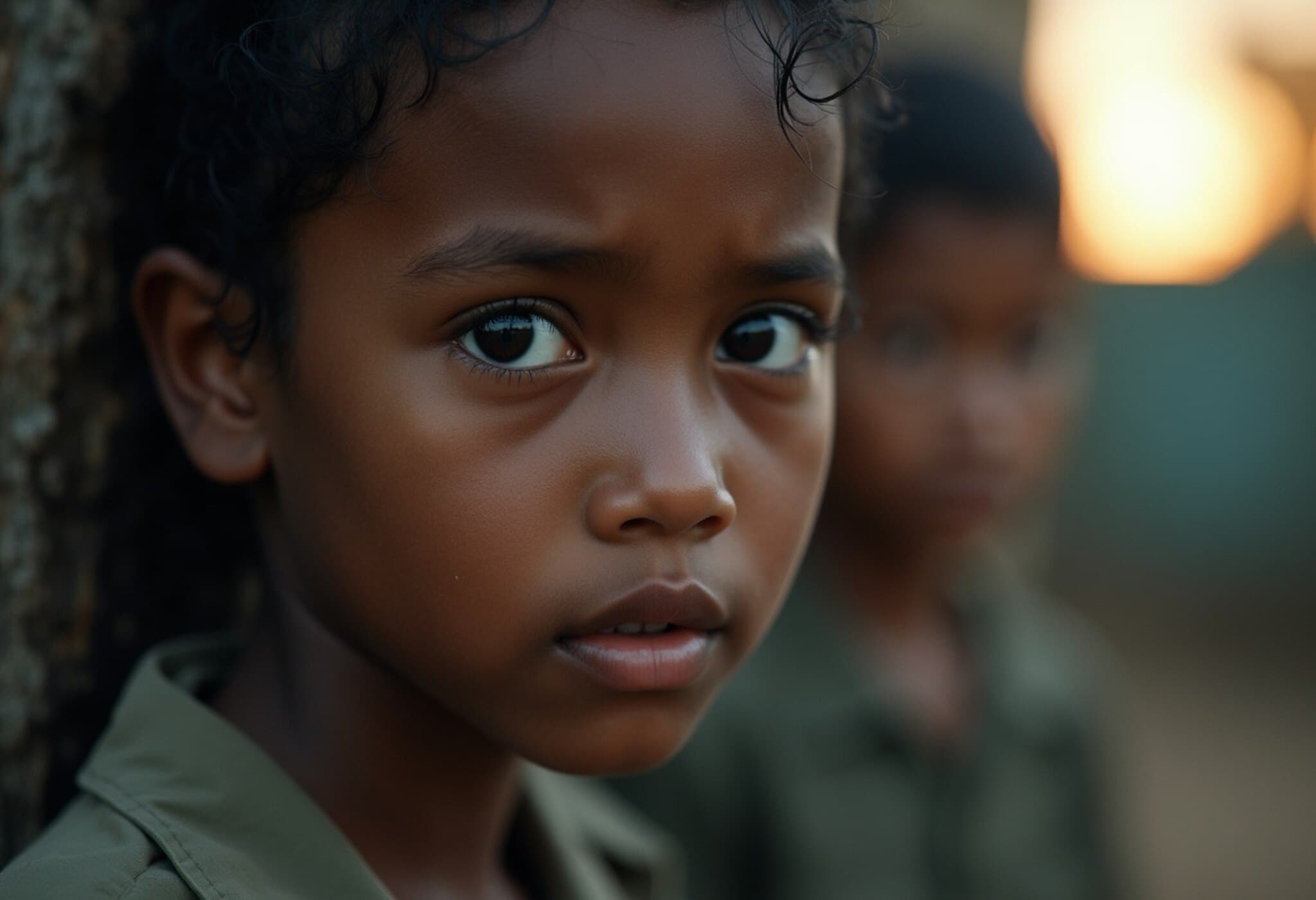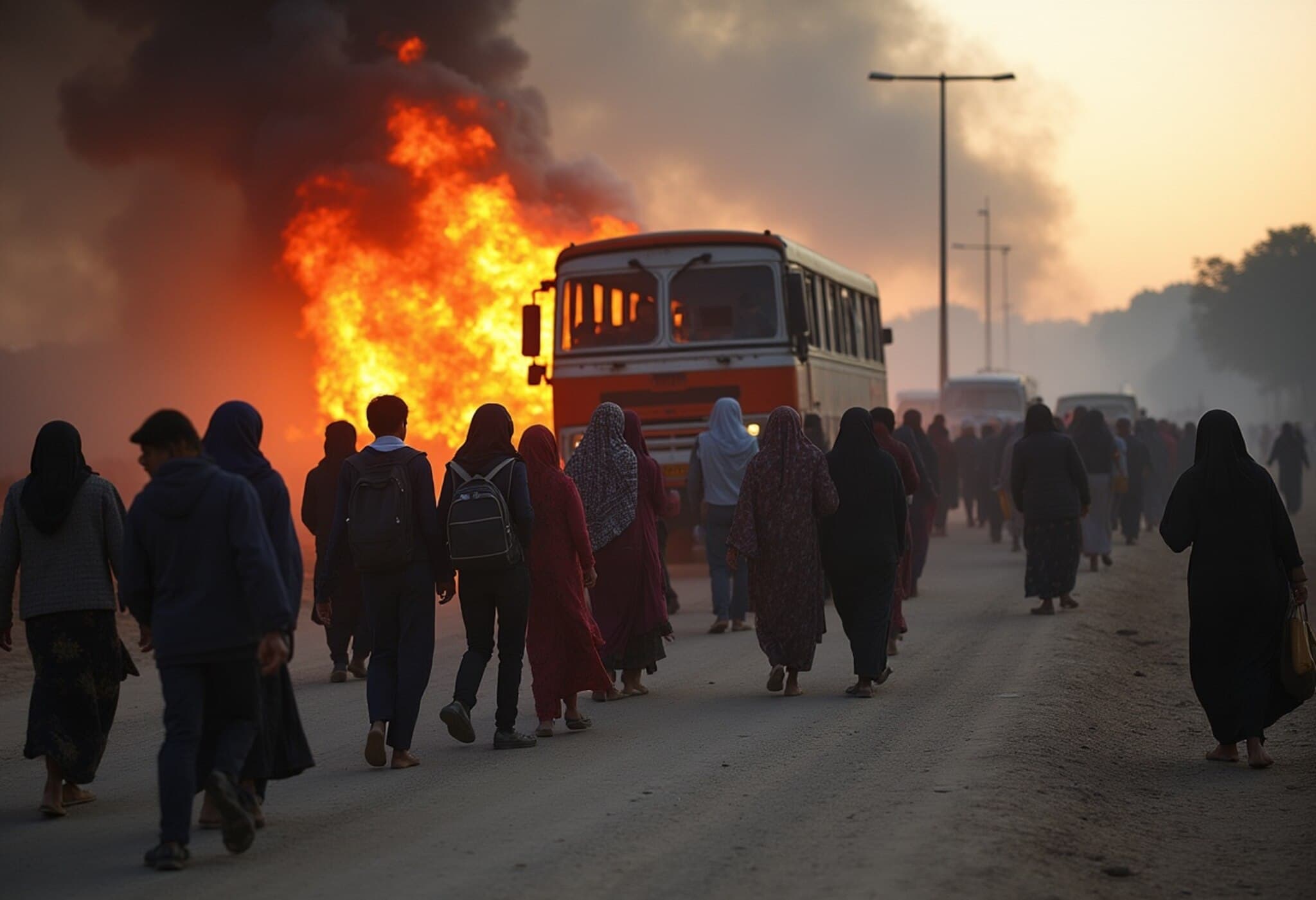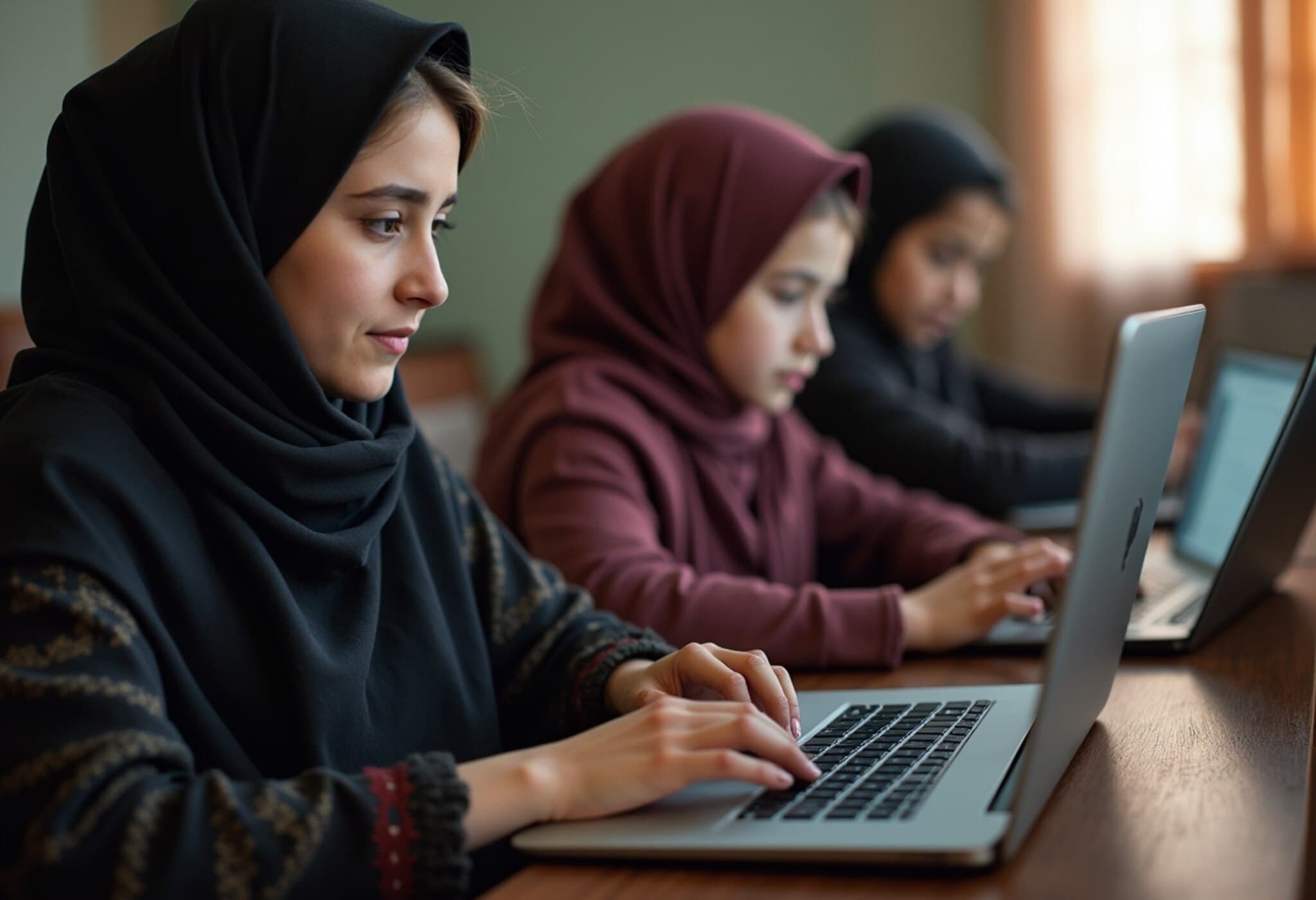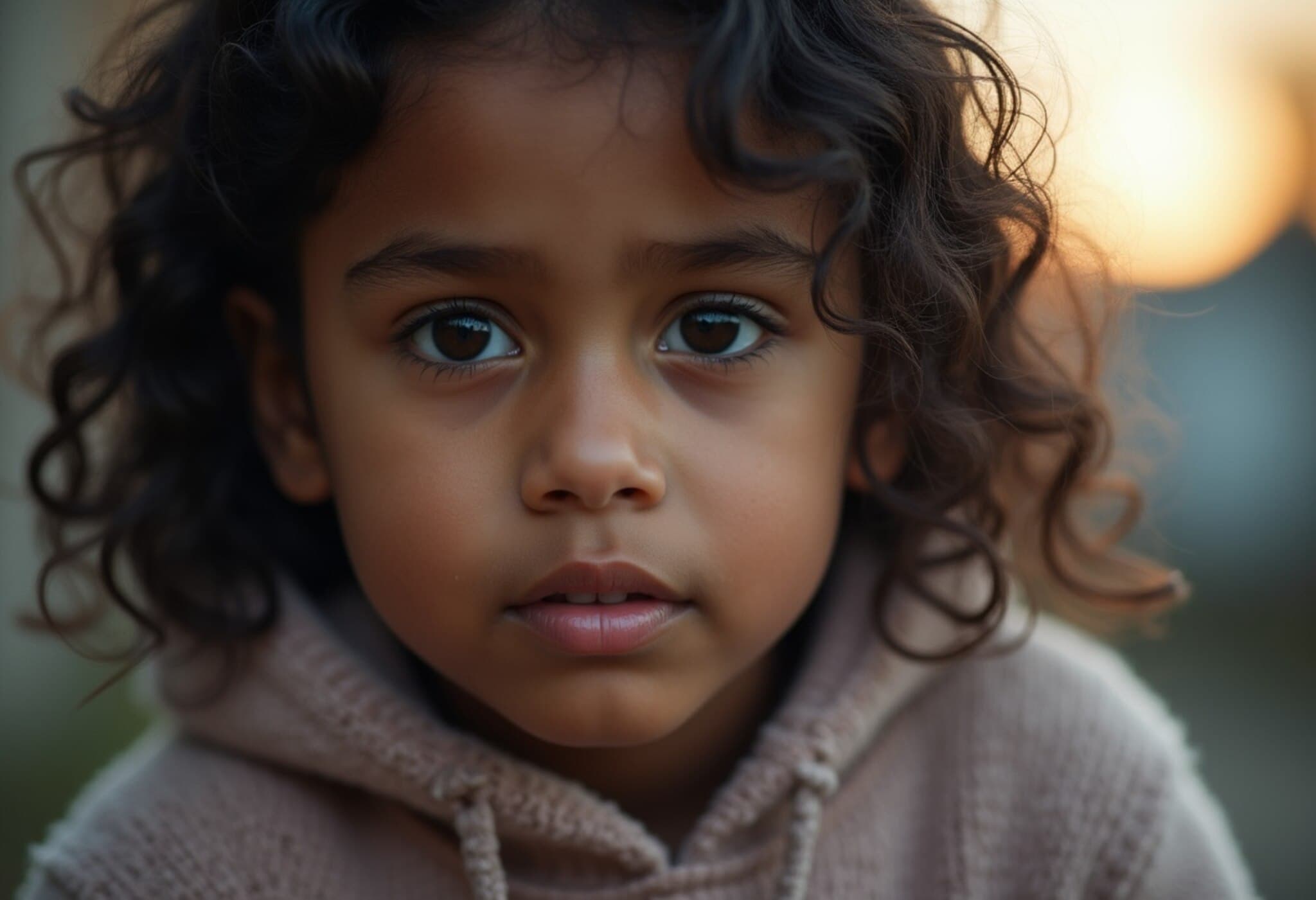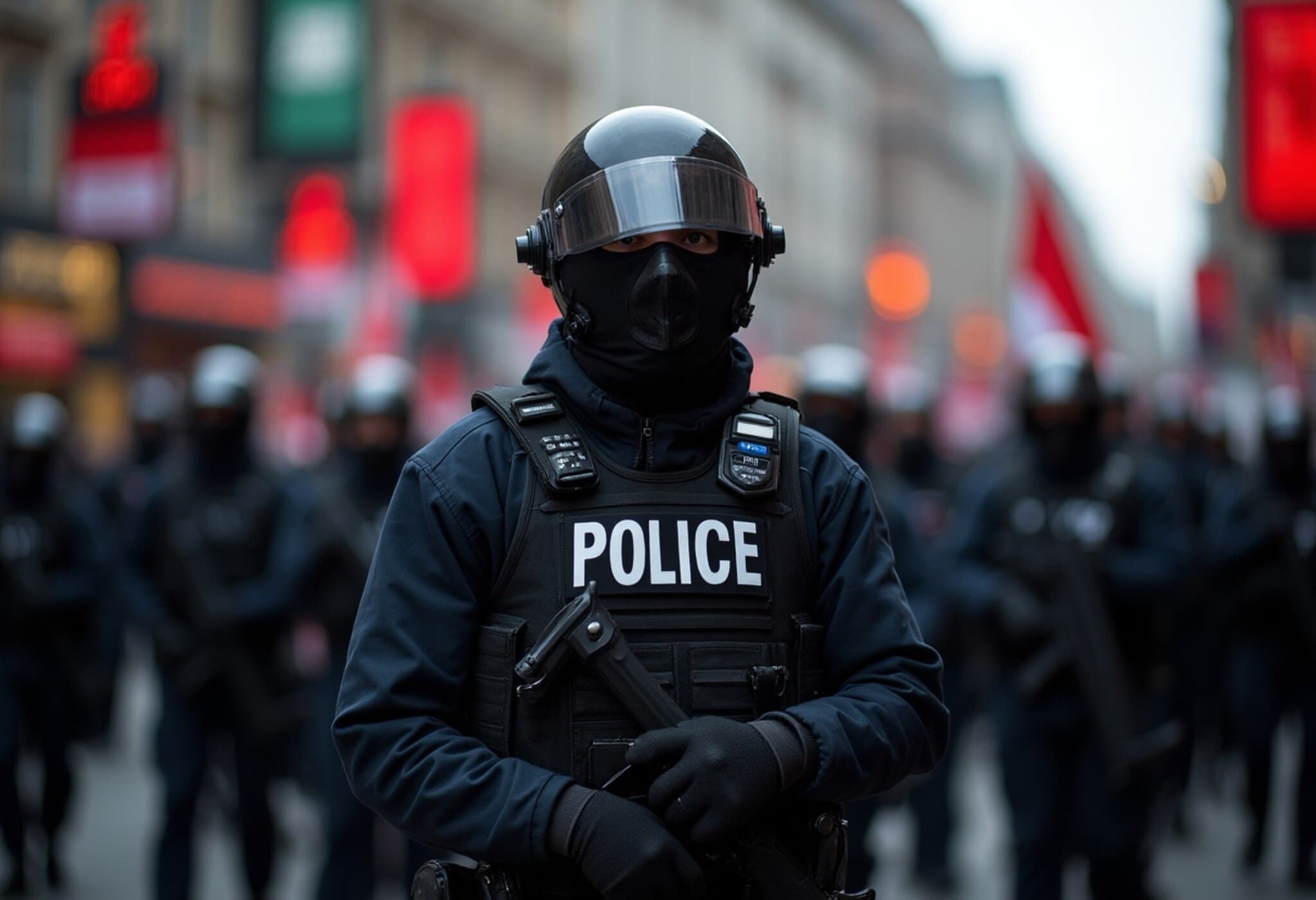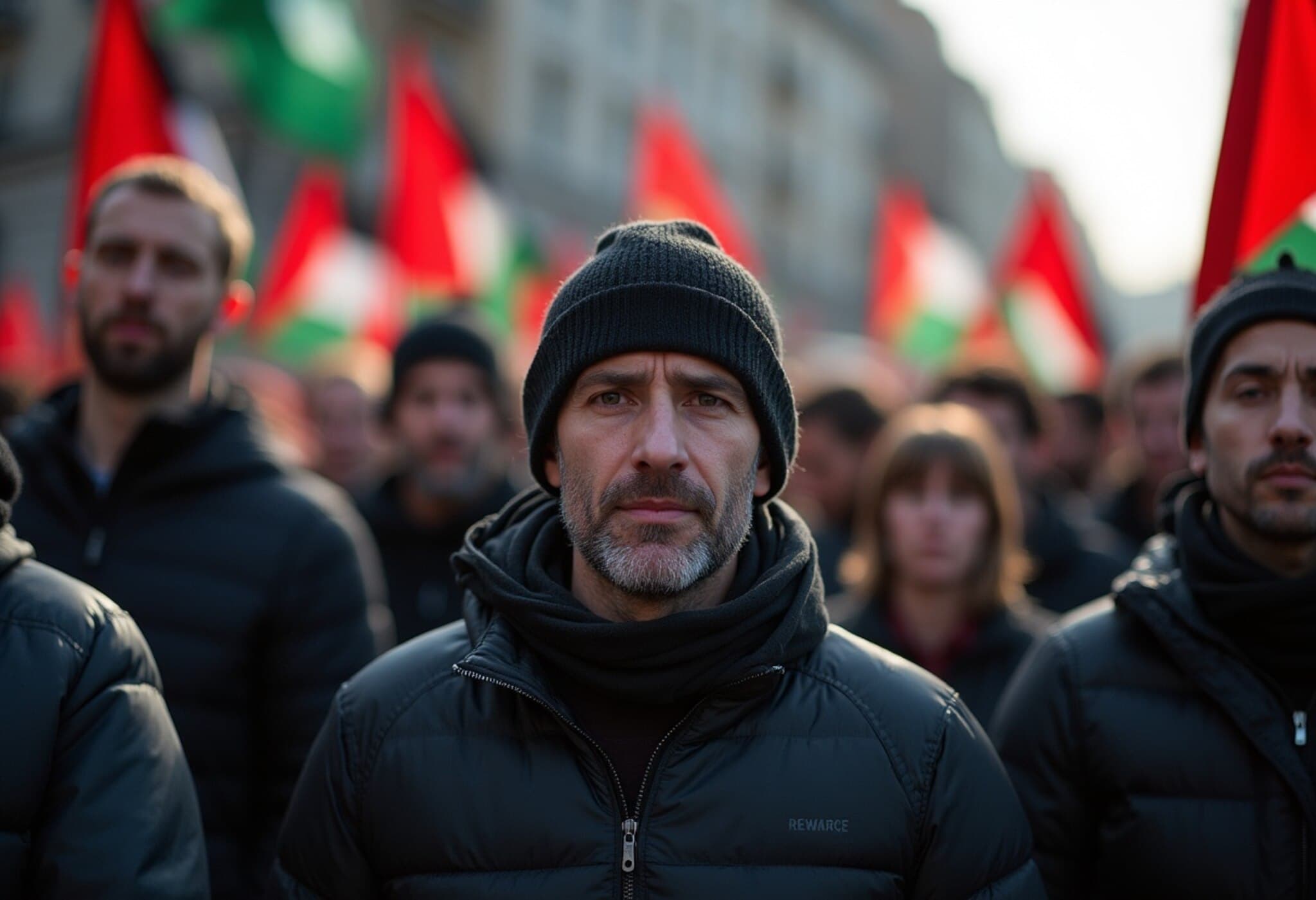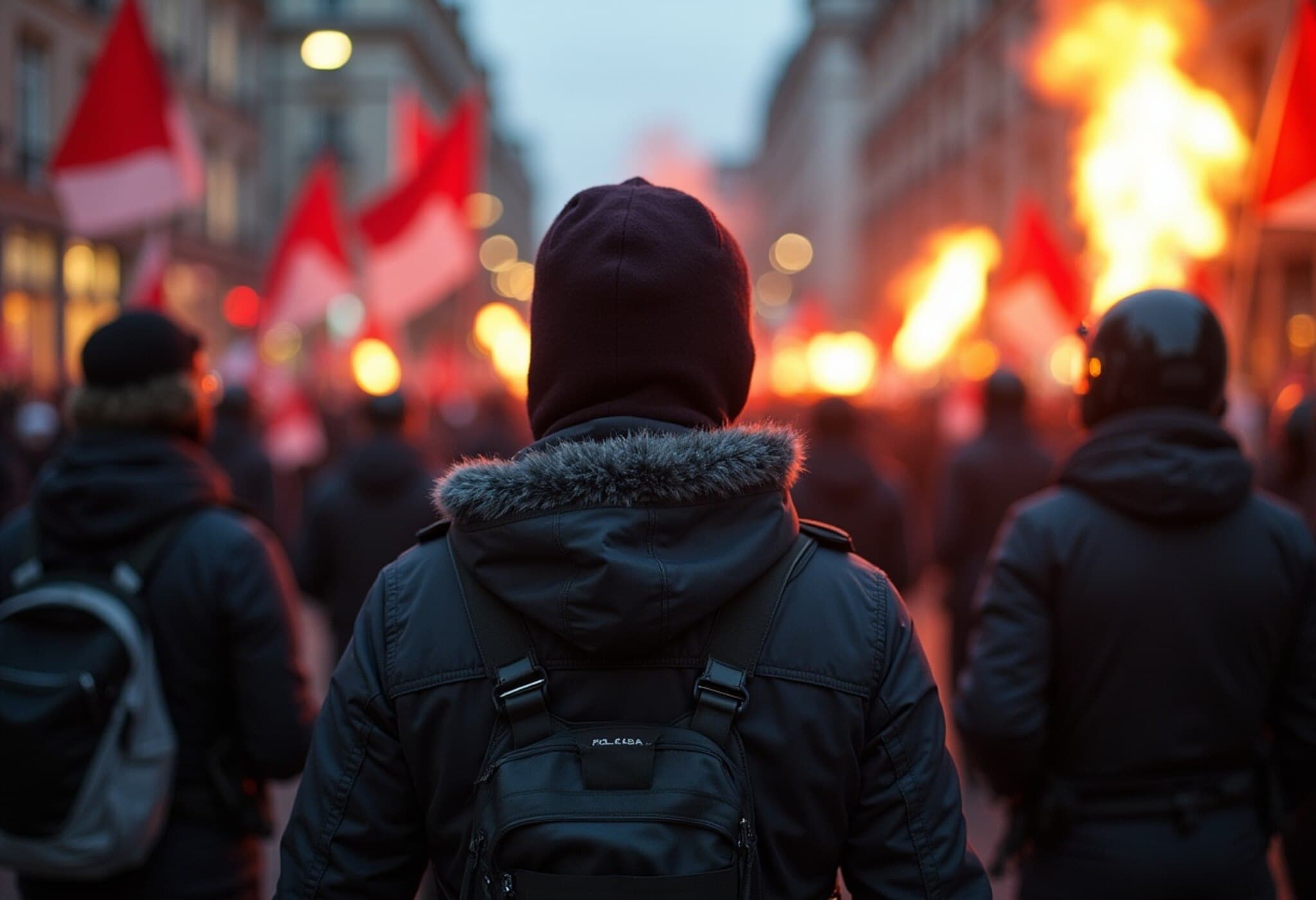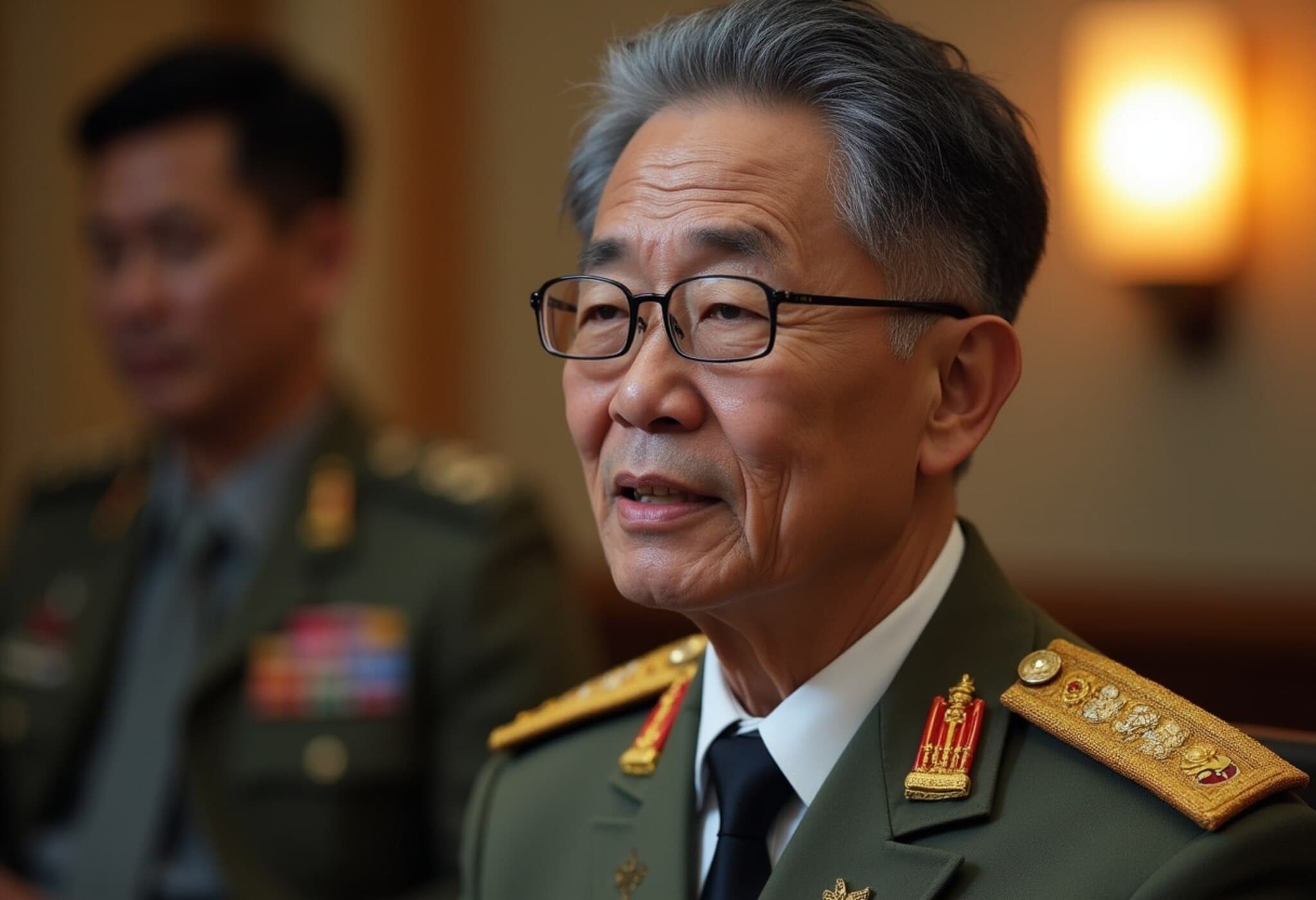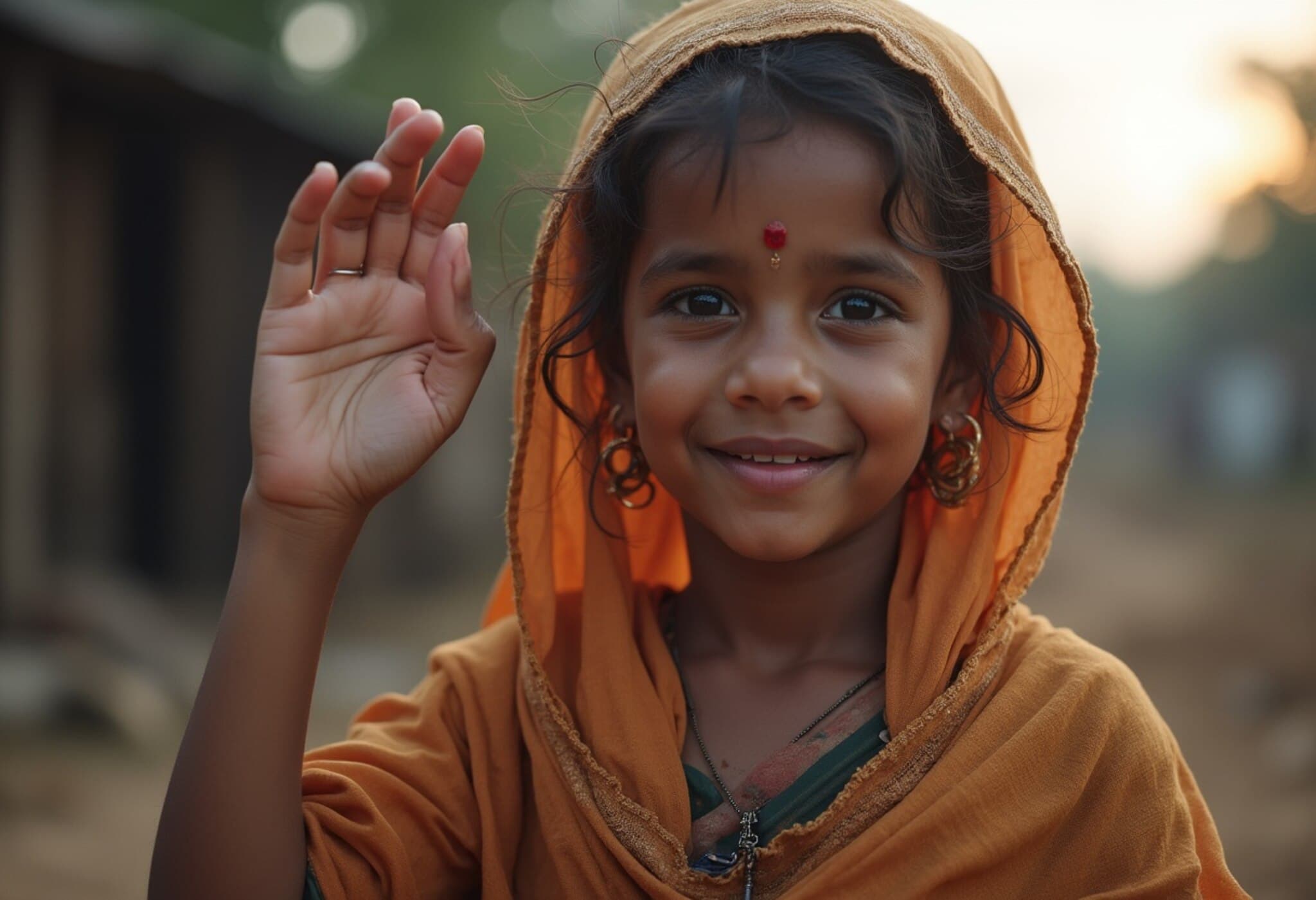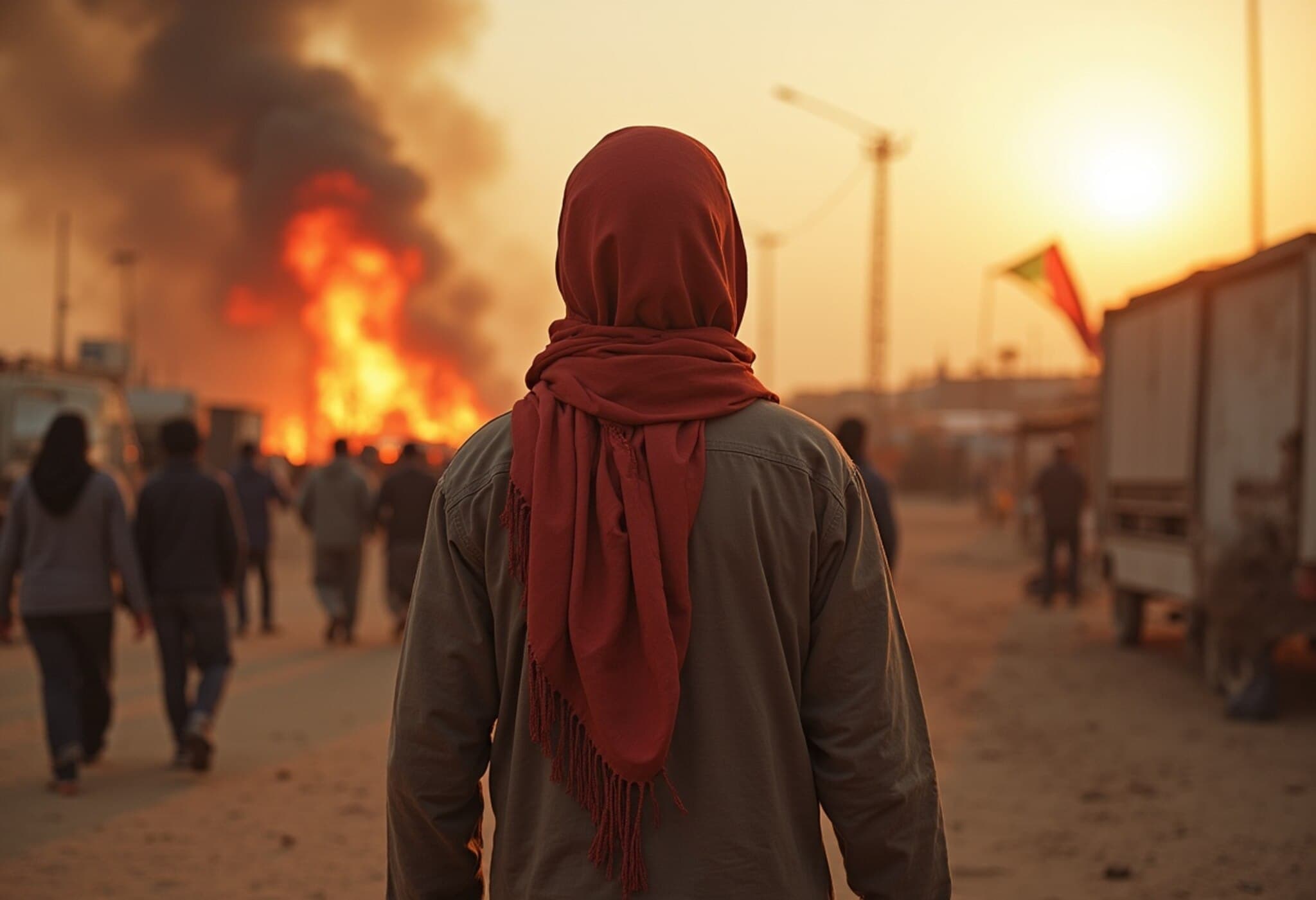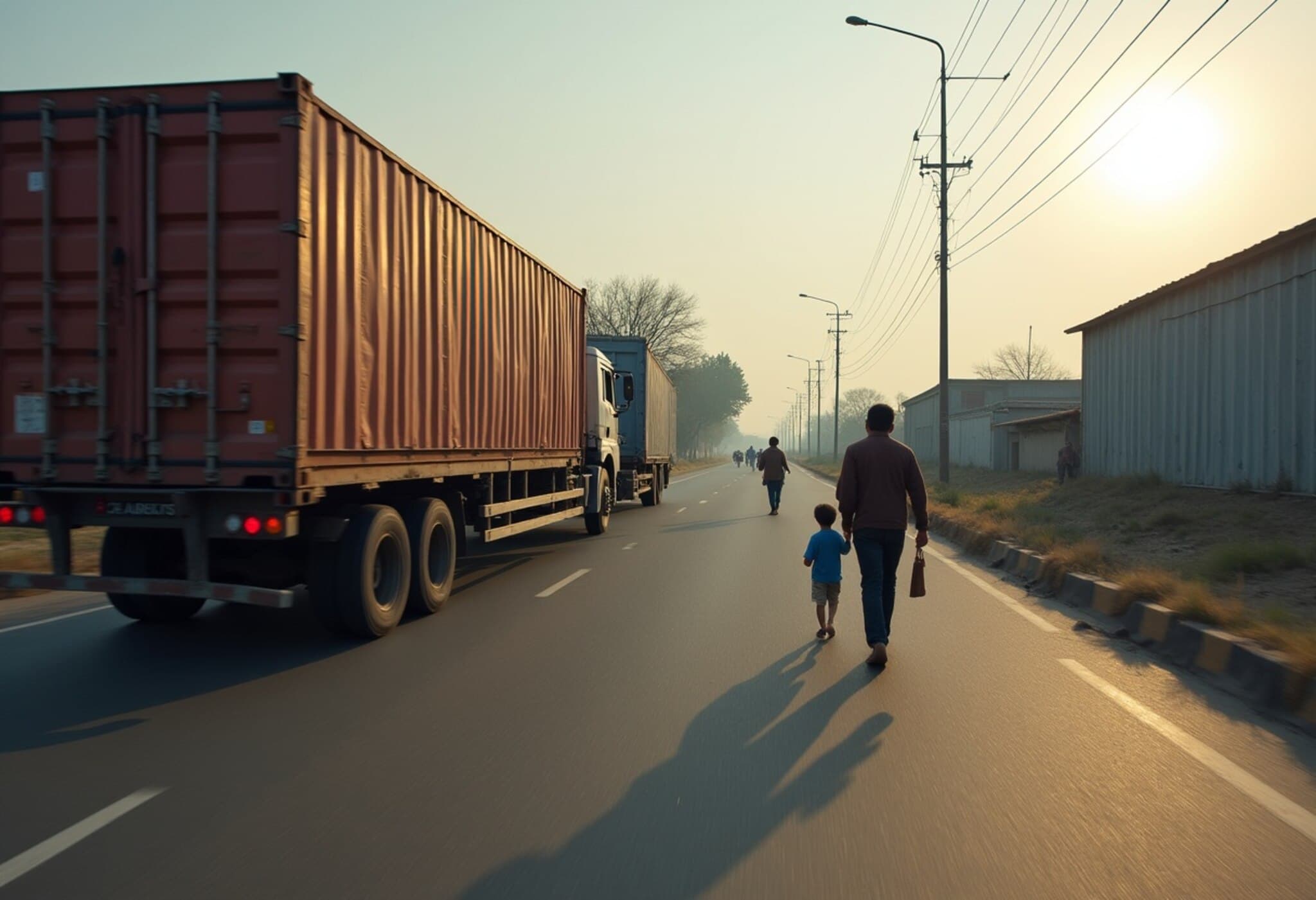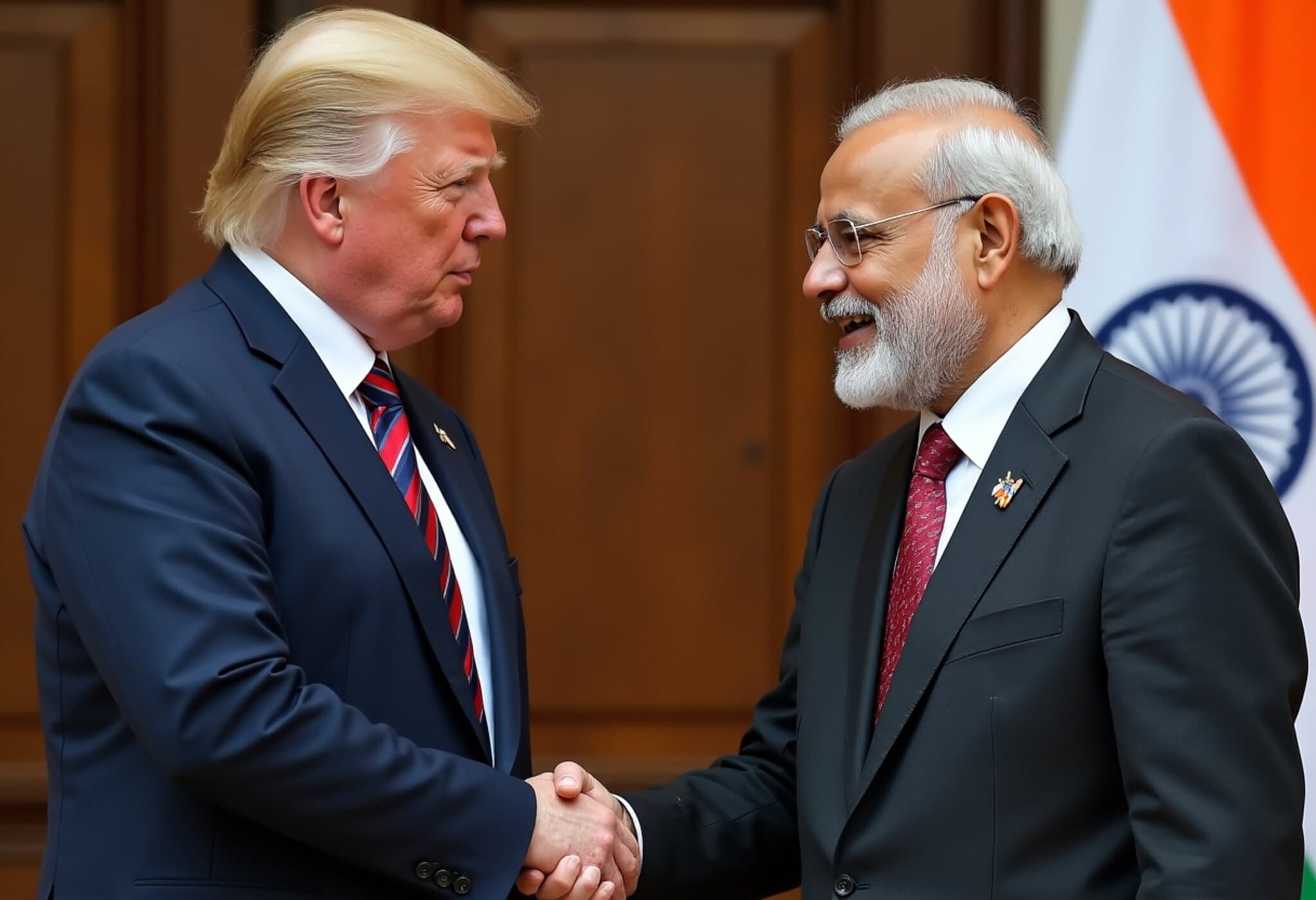UN Report Unmasks Systematic Torture in Myanmar, Including Children
A recent report by United Nations investigators has cast a harsh spotlight on the ongoing human rights crisis in Myanmar, revealing that children have been among those subjected to brutal torture within detention centers run by the military junta. This unsettling revelation adds a stark dimension to the already volatile situation in the country since the 2021 coup.
Children Detained and Tortured as Proxies for Parents
The Independent Investigative Mechanism for Myanmar (IIMM), established in 2018 to meticulously document and analyze severe international crimes in Myanmar, disclosed in a detailed 16-page report that children were often held in custody as surrogates for their missing parents, with many enduring grave physical and psychological abuses. Methods of torture described include beatings, electric shocks, gang rape, strangulation, and the horrific removal of fingernails with pliers—sometimes fatal.
"We have uncovered significant evidence, including eyewitness accounts, that show systematic torture in detention facilities across Myanmar," stated Nicholas Koumjian, head of the IIMM. The agony endured by children in such politically motivated detentions illustrates the military’s indiscriminate use of terror to suffocate dissent.
Senior Military Commanders Identified as Perpetrators
Drawing on more than 1,300 sources—which include eyewitness testimonies, forensic evidence, confidential documents, and photographs—the investigators have traced these abuses to high-ranking military officials. Although specific names remain undisclosed during ongoing probes to prevent alerting suspects, Koumjian emphasized that victims frequently recognize their torturers, a fact that could aid future judicial processes.
The Myanmar military, led by General Min Aung Hlaing since the coup on February 1, 2021, has repeatedly ignored United Nations requests for information and access, steadfastly denying allegations while labelling resistance fighters as "terrorists." Meanwhile, reports of escalating violence and repression underpin the bleak human rights landscape.
The Broader Crisis: From Coup to Civil War
Since the 2021 military takeover, Myanmar has spiraled into turmoil marked by nationwide protests, ethnic conflicts, and civil war. The UN estimates that tens of thousands have been detained, many subjected to grave abuses. Recently, the junta declared an end to its four-year state of emergency, with military leader Min Aung Hlaing assuming the presidency and indicating intentions to hold elections—moves widely viewed as attempts to legitimize military rule.
The IIMM’s work is comprehensive, covering atrocities dating back to 2011, including the 2017 atrocities against the Rohingya Muslim minority, spotlighting continued abuses against various ethnic groups post-coup. This evidence directly aids prosecutions underway in international forums such as Britain and the International Criminal Court, striving to hold perpetrators accountable.
Funding Challenges Threaten Ongoing Investigations
Highlighting an urgent concern, Koumjian warned that ongoing UN budget cuts threaten the continuity of critical investigations, particularly regarding sexual violence, crimes against children, and witness protection efforts. Without renewed financial support, these mechanisms might cease operations by the end of the year, potentially allowing grave human rights violations to go unpunished and victims unheard.
Expert Commentary: The Importance of International Scrutiny
The revelations of torture involving children not only illustrate a sadistic abuse of power but also reflect a broader pattern of impunity that international law seeks to dismantle. From a U.S. policy perspective, such egregious violations challenge the global community to enforce human rights standards more robustly and consider calibrated sanctions or support for accountability initiatives.
Moreover, the use of children as stand-ins in politically motivated detentions signals a deliberate strategy to sow fear and fracture community resilience, demanding a humanitarian response that addresses both immediate protection needs and long-term political solutions.
Looking Ahead
- Continued international attention and funding are essential to ensure that the IIMM can complete its investigations and support justice mechanisms.
- Accountability of top military officials is critical to deterring future atrocities and restoring hope for Myanmar’s diverse communities.
- Humanitarian interventions must prioritize vulnerable groups, especially children caught in conflict and repression.
Editor’s Note
This UN report sheds unsettling light on the grim realities facing Myanmar’s detainees, particularly children used as innocent pawns in a brutal power struggle. It exposes gaps in global governance where delayed or insufficient action can enable impunity. Readers should consider the multiple dimensions of Myanmar’s crisis—legal, humanitarian, and geopolitical—and reflect on how international solidarity and policy measures can contribute to upholding human dignity amid oppression.

